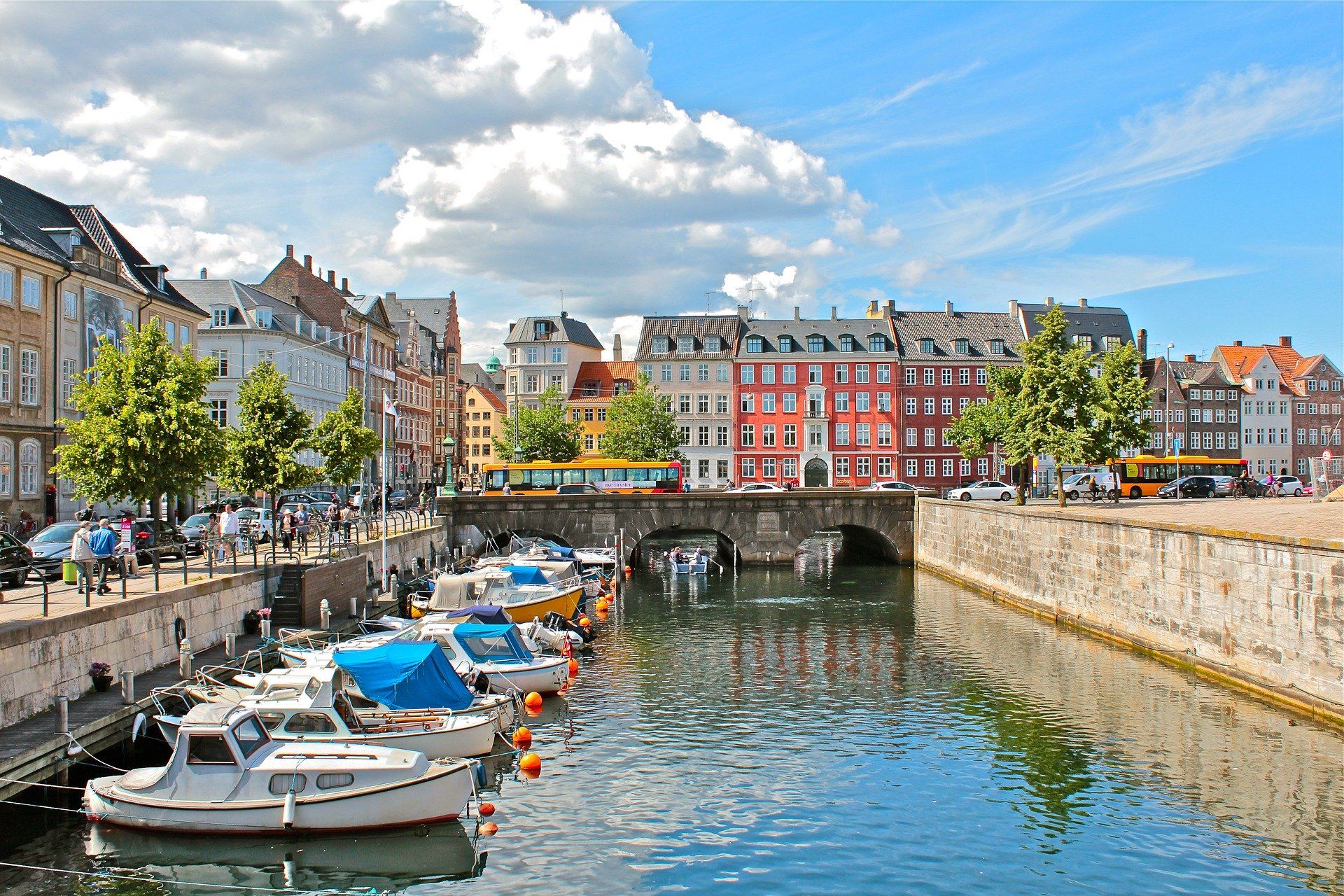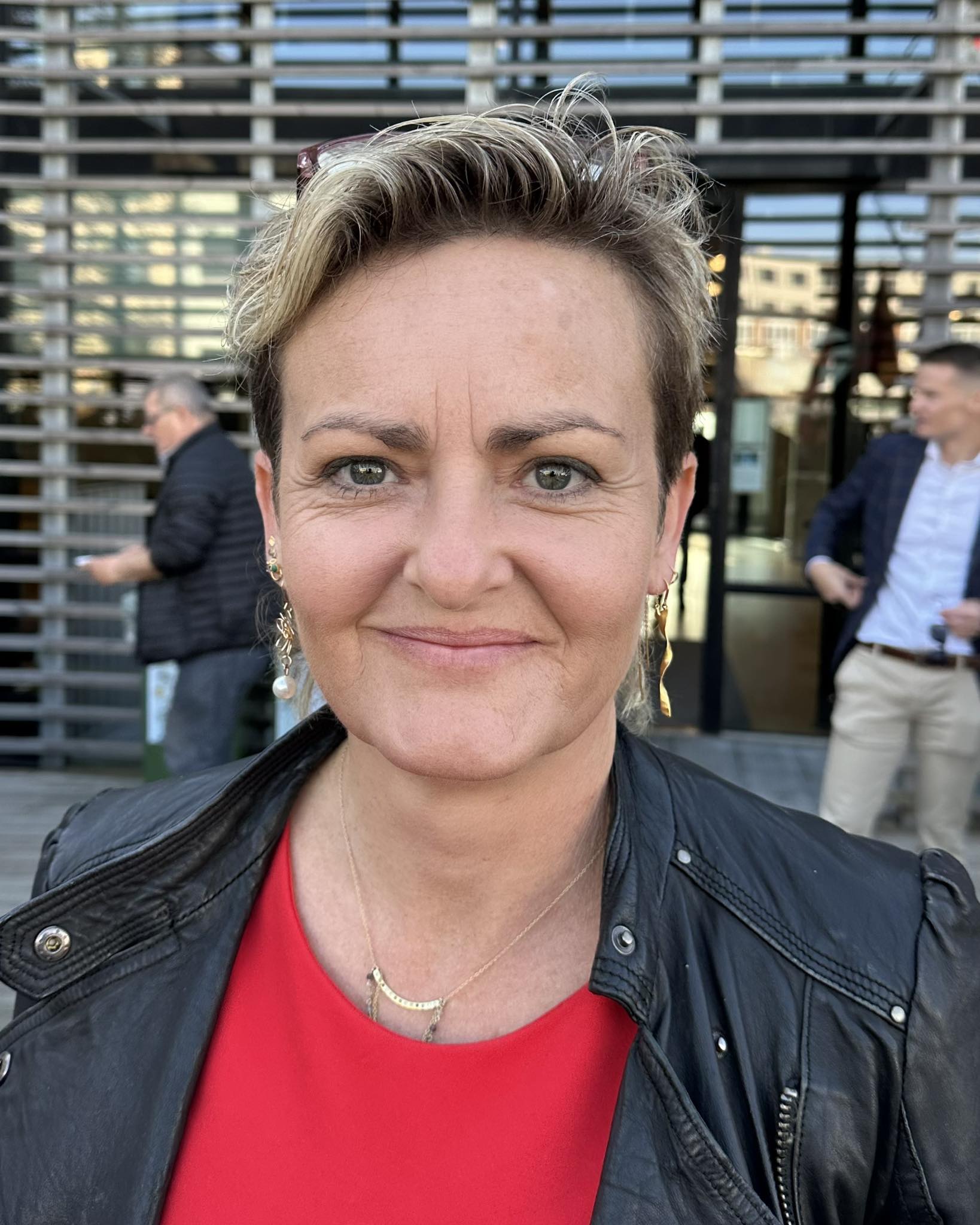Citing a stretched police force in need of help, a majority in Parliament said yesterday they were in favour of allowing Danish soldiers to guard possible terror targets and assist in controlling Denmark’s borders.
The only problem is that the Danish police force don’t want soldiers running around the streets.
“Denmark is not at war, which is what the military is trained for,” Claus Oxfeldt, the head of the police association Politiforbundet, told TV2 News.
“The police are trained to respond to a civilian population. The police are the authority during times of peace.”
Oxfeldt contended that the police were open to the military assisting them with tasks such as border control, automatic traffic control and emergency situations, but the police should always be in charge.
READ MORE: Political majority to allow armed soldiers on Denmark’s streets
Need training
Meanwhile, the military is also sceptical about the proposal. Jesper K Hansen, the head of military personnel union Centralforeningen for stampersonel, said the move would impact on other areas of the military.
“We want to help, but what we usually do is the secure areas. To guard civilian areas, such as a synagogue, is a completely different task that would require training,” said Hansen.
So far, Dansk Folkeparti, Liberal Alliance, Konservative and Socialdemokraterne are in support of the proposal, but government party Venstre sees it as having ethical and practical problems.














